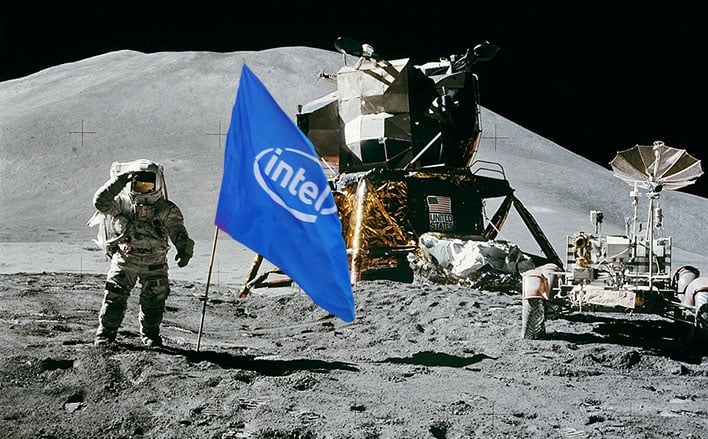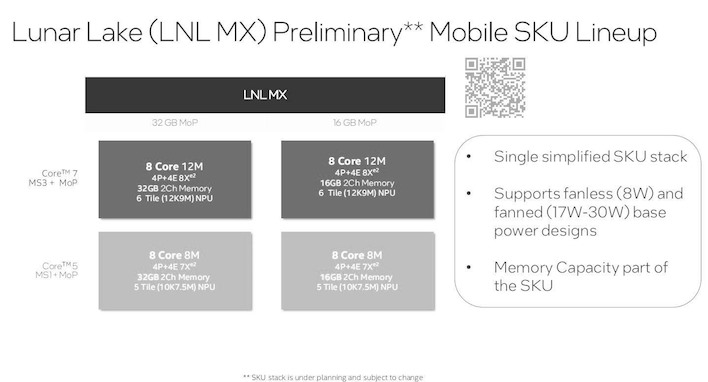Intel Lunar Lake Allegedly Offers A 1.5X Multi-Threaded Performance Boost

That's because, from what we know, the Lion Cove architecture that the Lunar Lake design will use for its P-cores doesn't have Hyper-Threading. According to earlier leaks, the venerable Intel simultaneous multi-threading technology will finally fall off the feature set of its consumer CPUs with Lunar Lake, leaving the P-cores with just one logical core per physical core, like the E-cores.
There are various reasons for this, but the fear was that performance in multi-threaded tasks would take a hit due to this change. It turns out that may be far from reality. If Bionic Squash (@SquashBionic on Xwitter) has good info, Lunar Lake will apparently be "almost 50% faster" in multi-threaded work compared to Meteor Lake-U, the Core Ultra "U" family of 15W processors.
That means applications like Cinebench and Geekbench will show massive performance gains compared to previous generations. Usually that happens because core count is going up, and that certainly could be the case; Meteor Lake-U only has two P-cores and eight E-cores in addition to Meteor Lake's ubiquitous pair of LP-E-Cores. Meanwhile, an early slide promised a baseline of four Lion Cove P-cores in Lunar Lake 17-30W SKUs:
Slide leaked by @YuuKi-AnS on Xwitter.
Lunar Lake is expected to be a significant advancement over Meteor Lake, with updated architectures for every component: P-cores, E-cores, GPU, and NPU. That means better AI performance, better gaming performance, and better application performance compared to Meteor Lake-U. Given what rumormongers have been saying about AMD's Zen 5, it seems like Intel is going to need every boost it can get.



